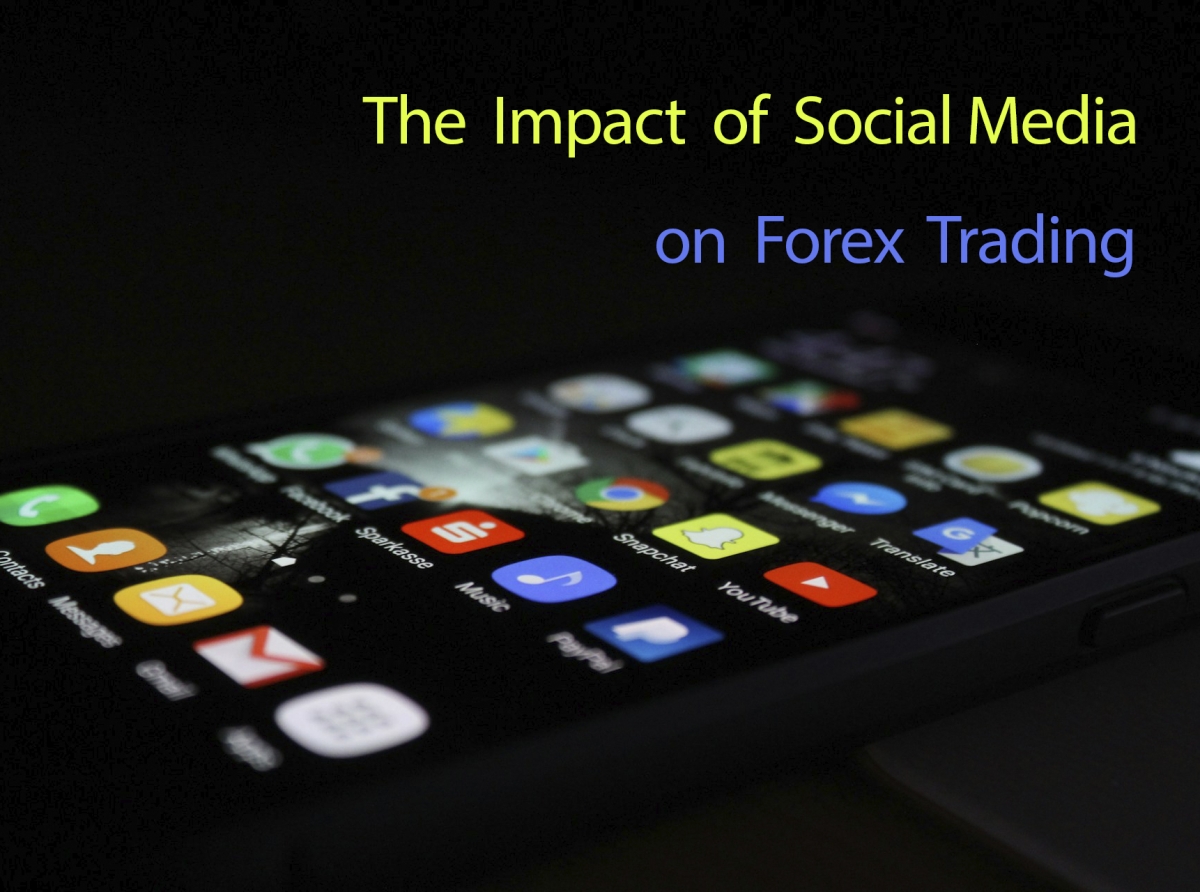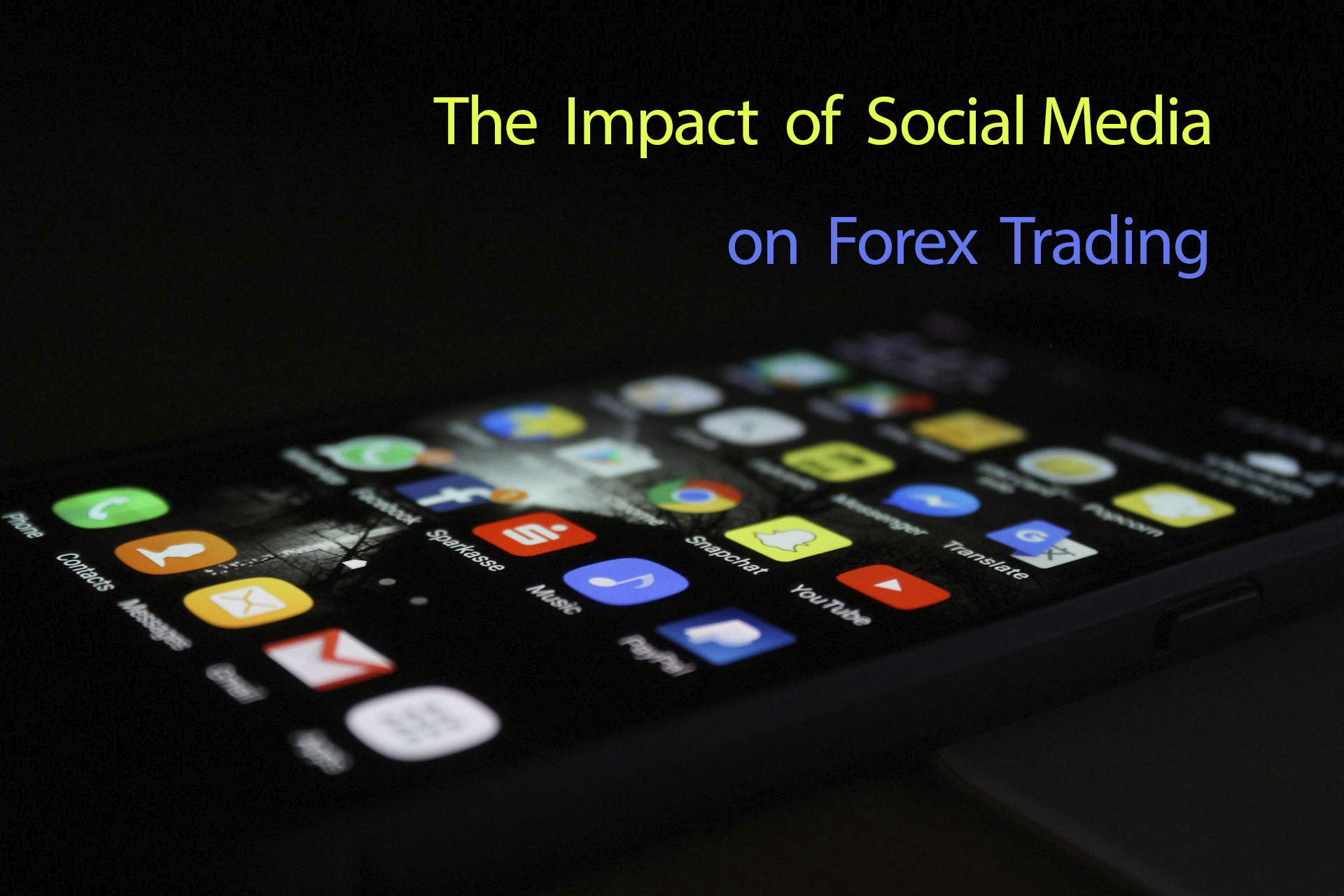
The Impact of Social Media on Forex Trading
Forex trading, or foreign exchange trading, is the act of buying and selling currencies to profit from fluctuations in exchange rates.
This sheer size underscores its significance in the global economy, affecting everything from multinational corporations to individual traders.
In recent years, social media has emerged as a powerful force, reshaping various industries, including finance.
Platforms like Twitter, Facebook, and Reddit have not only revolutionized communication but also how information is disseminated and consumed.
This essay explores how social media influences Forex trading by examining its role in spreading news rapidly, fostering trader communities, enabling sentiment analysis, and presenting risks such as misinformation.
This sheer size underscores its significance in the global economy, affecting everything from multinational corporations to individual traders.
In recent years, social media has emerged as a powerful force, reshaping various industries, including finance.
Platforms like Twitter, Facebook, and Reddit have not only revolutionized communication but also how information is disseminated and consumed.
This essay explores how social media influences Forex trading by examining its role in spreading news rapidly, fostering trader communities, enabling sentiment analysis, and presenting risks such as misinformation.

The Impact of Social Media on Forex Trading
Role of Social Media in Spreading News and Market Information Quickly
Social media platforms have drastically shortened the time it takes for news to reach a global audience. In the context of Forex trading, this rapid dissemination of information can have significant implications for currency prices.Real-time updates from financial analysts, traders, and institutions on platforms like Twitter provide immediate insights into market conditions. For instance, a tweet about a central bank’s unexpected interest rate decision can lead to swift reactions in currency markets.
Similarly, comments from influential figures such as Federal Reserve officials can move markets almost instantaneously.
An example of this occurred during the Brexit referendum in 2016. As results were announced and shared on social media platforms in real-time, traders quickly adjusted their positions based on emerging data.
The British pound experienced massive volatility as news about voting results spread across social media channels.
Creation of Trader Communities on Platforms Like Twitter, Facebook, and Reddit
Social media has facilitated the creation of vibrant trader communities where individuals share strategies, insights, and experiences.Platforms like Twitter host numerous accounts dedicated to Forex analysis and tips. Facebook groups bring together traders who discuss market trends and share educational resources.
Reddit’s r/Forex subreddit is another example where thousands of traders—from novices to experts—exchange ideas daily. These online communities foster a sense of camaraderie among traders who might otherwise work in isolation.
The sharing of knowledge within these communities can boost individual confidence and lead to more informed trading decisions.
For example, when multiple experienced traders confirm a particular market trend or strategy within a community forum, it adds credibility that might influence other members’ actions.
Use of Social Media Sentiment Analysis Tools to Gauge Market Mood
Sentiment analysis tools have become invaluable for modern-day Forex traders looking to gauge market mood by analyzing social media posts. These tools sift through vast amounts of data to determine whether sentiment around specific currencies or events is positive or negative.Positive sentiments expressed online can indicate bullish trends while negative sentiments may suggest bearish trends. For instance, if there is widespread optimism about an upcoming economic report for a country expressed across social media channels like Twitter or LinkedIn discussions among financial professionals—it could foreshadow an appreciation in that country’s currency.
Case studies demonstrate how sentiment analysis influences trading strategies effectively:
During major geopolitical events such as elections or trade negotiations—traders use sentiment analysis tools to predict potential impacts on currency markets based on public opinion shared through social media.
Companies specializing in AI-driven sentiment analysis provide reports that help institutional traders make data-driven decisions aligned with prevailing social sentiments.
Risks and Challenges: Spread of Misinformation or Unverified Rumors Leading to Volatile Market Reactions
While social media offers numerous advantages for Forex traders—it also presents significant risks due to the potential spread of misinformation or unverified rumors which can lead to volatile market reactions:
Misinformation: False information propagated through fake accounts or poorly researched posts can mislead traders into making erroneous decisions—resulting in substantial financial losses.
Rumors: Unverified rumors about economic policies or company performances circulating on social platforms can create panic selling/buying sprees causing unnecessary volatility.
Mitigating these risks involves critical approaches:
Cross-referencing information from multiple reputable sources before making trades based solely on social media content.Using advanced algorithms capable of discerning credible sources from unreliable ones during sentiment analyses.
Educating oneself continually about identifying fake news/misinformation tactics prevalent across digital landscapes today.
In conclusion
—all modern forex-traders should recognize both opportunities & pitfalls presented by integrating insights obtained via various SM-channels into their broader strategic frameworks when navigating today’s dynamic global financial landscapes!
Forex trading, Social media impact, Market volatility, Financial analysis,Risk management









Report
My comments